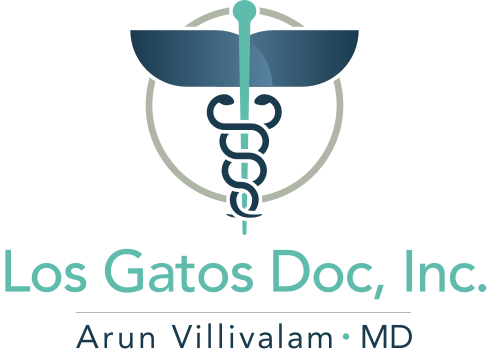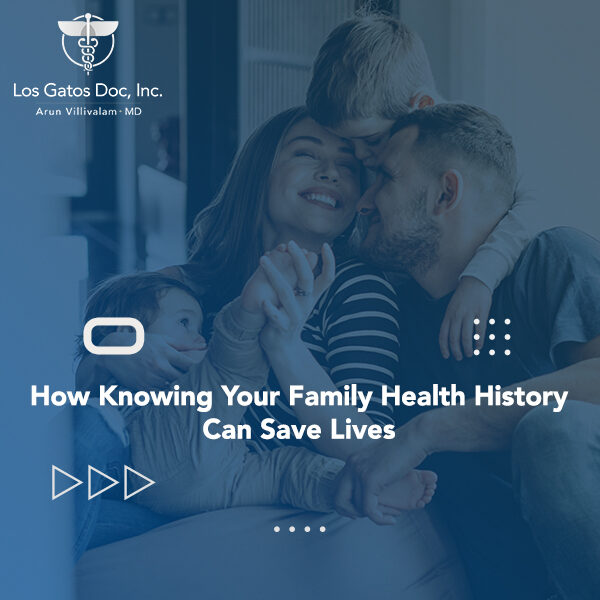Families have traditionally gathered for Thanksgiving.
We have been celebrating National Family History Day in the United States on Thanksgiving since 2004, when it was officially declared by Richard Carmona, the then-U.S. Surgeon General.
It’s an opportunity for families to discuss and learn from one another’s health histories and thus improve the ability to identify and address potential health problems.
Remembering your own medical history might be a challenge. If you’ve ever had to fill out a doctor’s intake form, you know how difficult it can be to remember the details of each of your family members’ medical histories.
- Does anyone in your family have cancer or hypertension?
- Do you know if your parents or grandparents suffered from any significant illnesses?
Often, all it takes is a simple inquiry to shed light on a previously hidden health issue in a member of your immediate family. Knowledge is power when it comes to taking responsibility for one’s health. Your doctor would want to know the answers to the listed questions about your family.
We explore family health history and why it’s so important for you to know it in this article.
What Is Family Health History?
The similarities among your relatives go beyond physical appearance. It’s possible that you’ve inherited your mother’s straight hair and your paternal uncle’s height. But the increased risk for breast cancer that your great-grandmother passed onto you, however, is not so clearly evident.
That’s why it’s crucial to learn about and keep track of your family medical history.
A person’s family health history is a compilation of all the medical details about their ancestors and bloodline across at least three generations and is essential for a complete family tree.
There is a high degree of genetic and environmental similarity within families. Taken together, these indicators can help pinpoint potential hereditary conditions. Your healthcare provider can learn more about you, your family’s, and future generations’ susceptibility to disease by looking for familial clusters of that disease.
Your family health history contains all the information about your family’s visible and invisible genetic inheritance patterns. It is a listing of all the illnesses and health problems that have run in your family.
You share your genes with your family and some of you may have similar behaviors such as similar food preferences and exercise habits. We can trace these things back to our ancestors that affect our health.
Having a close relative with cancer, heart disease, diabetes, or osteoporosis increases your risk of developing that disease.
We say some medical conditions “run in families” if they affect multiple members of one family. Gene variants (also called mutations) are the underlying cause of some familial disorders, passed down from parent to child.
But not all inherited diseases are caused by changes in a single gene. There are diseases that are not caused by genetics alone but by a combination of environmental factors like poor diet and pollution. So, sometimes it’s hard to tell if a family problem “runs in the blood.”
Only a family doctor in Campbell can analyze your family health history to infer whether a disorder runs in the family. You can expect questions about the health of several generations in your family-first, second and third-degree relatives.
Many health conditions have complex etiologies that can be traced back to the combined effects of multiple genes (known as “polygenic risk”) or the interactions between genes and the environment. These diseases usually defy the heritability trends. Heart disease, type 2 diabetes, schizophrenia, and some types of cancer are all examples of conditions that can be traced back to mutations in multiple genes or gene/environment interactions. Chromosome-related disorders also do not adhere to straightforward patterns of inheritance.
Why Is It Important To Know Your Family Health History?
If you’re wondering how knowing your family health history is to your benefit, we’ve listed them for your quick reference.
- Find Your Risk For Chronic Health Conditions
One of the significant factors that can affect your likelihood of developing chronic health conditions is your family history. Cancer, heart disease, and diabetes are some of the chronic conditions that run in families.
Having a close relative with a chronic illness increases your risk of developing that illness. This is especially true if multiple members of your immediate family have or had the illness, or if someone in your family developed the illness at an earlier age than is typical.
The presence of a health problem in one’s family may indicate an increased risk for that condition in the general population. But it is not a guarantee that the individual will develop that problem. However, even if there is no history of a disorder in a person’s immediate family, that person may still be susceptible to developing the condition.
Below are some common health conditions that run in families:
- Birth defects such as cleft lip and spina bifida
- Asthma
- Diabetes
- Osteoporosis
- Cancer
- Genetic diseases such as cystic fibrosis and hemophilia
- Heart diseases
- High blood pressure and cholesterol
- Mental illnesses
- Stillbirths
- Helps Reduce The Risk Of Diseases
Most people are aware that if they eat right, exercise regularly, and don’t smoke, they can significantly reduce their risk of developing various diseases.
But your family history may be one of the most significant factors in whether you end up with chronic diseases.
People with a higher-than-average risk of developing diseases like heart disease, high blood pressure, stroke, certain cancers, and type 2 diabetes can be traced to their family medical history. Our genes, environment, and lifestyle habits play a role in these complex diseases.
In spite of this, it is still important to make healthy lifestyle choices. Regardless of your family history, you can increase the odds of living a long and healthy life by following a few simple lifestyle habits such as: eating well, exercising frequently, keeping your weight in check, not smoking, limiting or eliminating your alcohol consumption, and attending all of your doctor-recommended checkups and screenings.
However, it is likely that you and your doctor will use your family medical history to identify areas in which you have a higher risk than the general population. Family health histories can sometimes help diagnose rare and fatal genetic diseases such as sickle cell anemia.
You can’t change your family history, but you can take steps to reduce your risks by taking preventive measures.
- Helps Your Doctor Customize Your Treatment
Your family history can play a significant factor in the treatment decisions that your doctor makes for you.
If you have a family history of a certain illness, your doctor may recommend that you get checked regularly.
For example, if heart disease runs in your family, your doctor may recommend additional cholesterol and heart function tests to help detect problems early and encourage you to adopt healthier habits to reduce your risk.
Other examples include colorectal cancer screenings, colonoscopies, diabetes screenings, and mammograms.
If you have a high risk of developing osteoporosis, your doctor may recommend preemptive treatments, such as calcium and vitamin D supplements.
The Secret To Good Health Starts With Knowing Your Family History
I realize that this may seem like yet another chore during this already hectic time of year. But the Holiday season can be a wonderful chance to spend time with your loved ones, reconnect with them, and be the perfect opportunity to discuss health.
Because health isn’t always a topic of conversation during the festive season and collecting your family health history can be a daunting task, we will break it down for you in our next article. I promise it will be a fun, bonding, and “totally worth it” activity.
Do you have any queries about any disease or disorder in your family history? Please allow us to assist you here.
(Disclaimer: We routinely draw upon public health resources to inform our write-ups. Information in this article may be drawn up from multiple public health sources, including:
- Centers for Disease Control & Prevention
- Medline Plus
- National Institutes of Health
- American Medical Association
- American Association of Family Physicians
- Mayo Clinic
- Family Doctor






